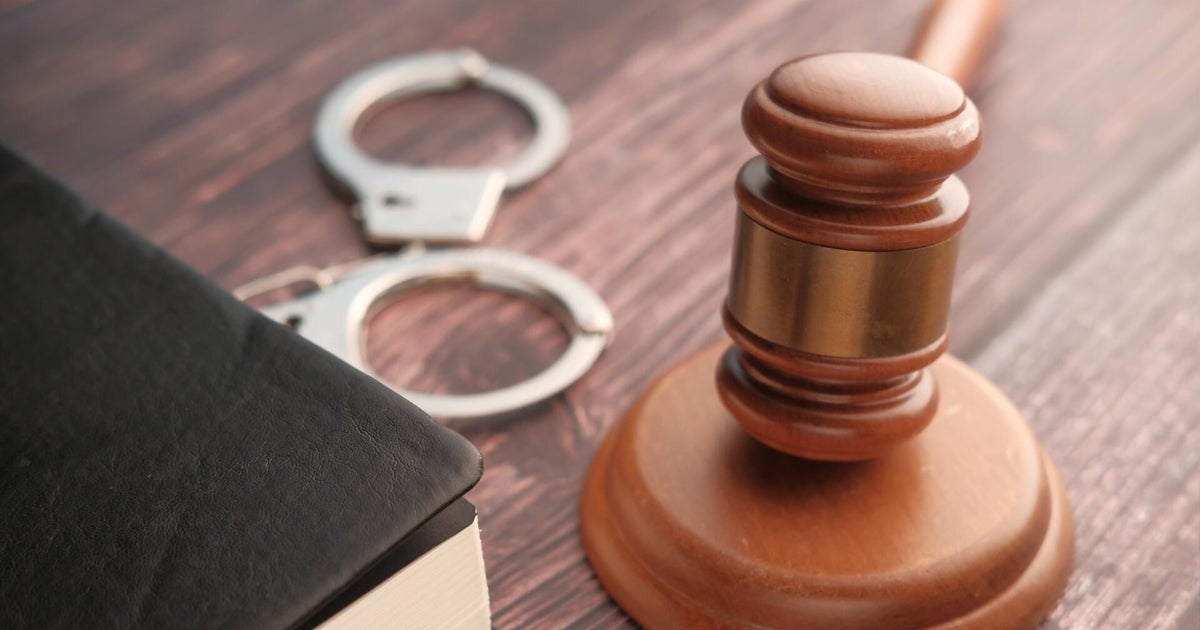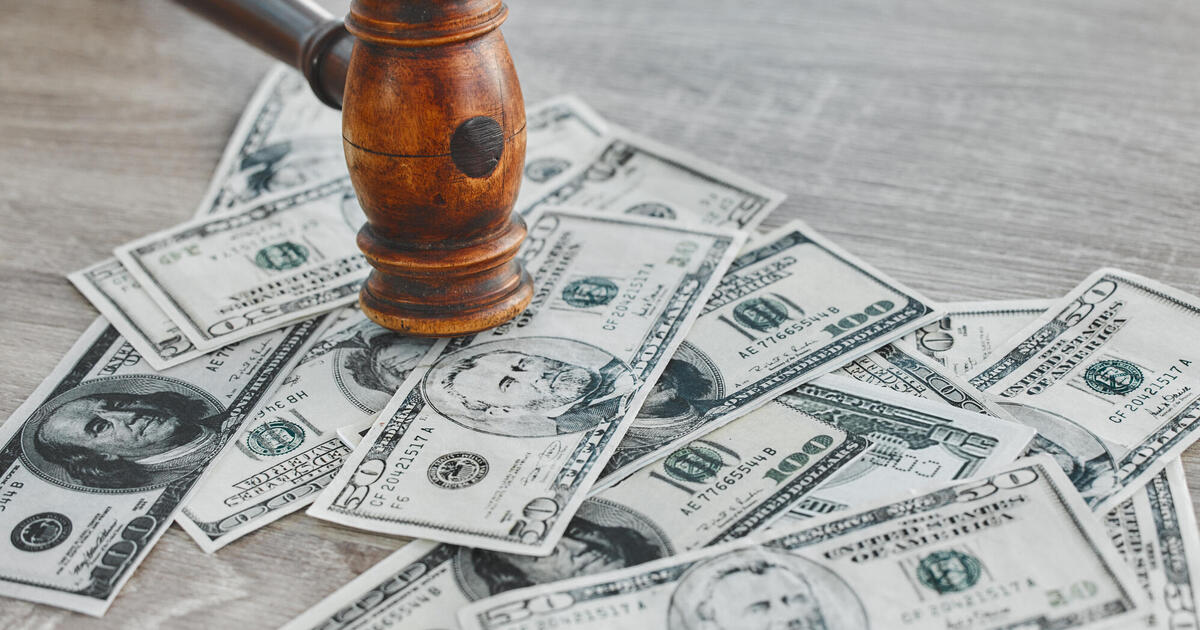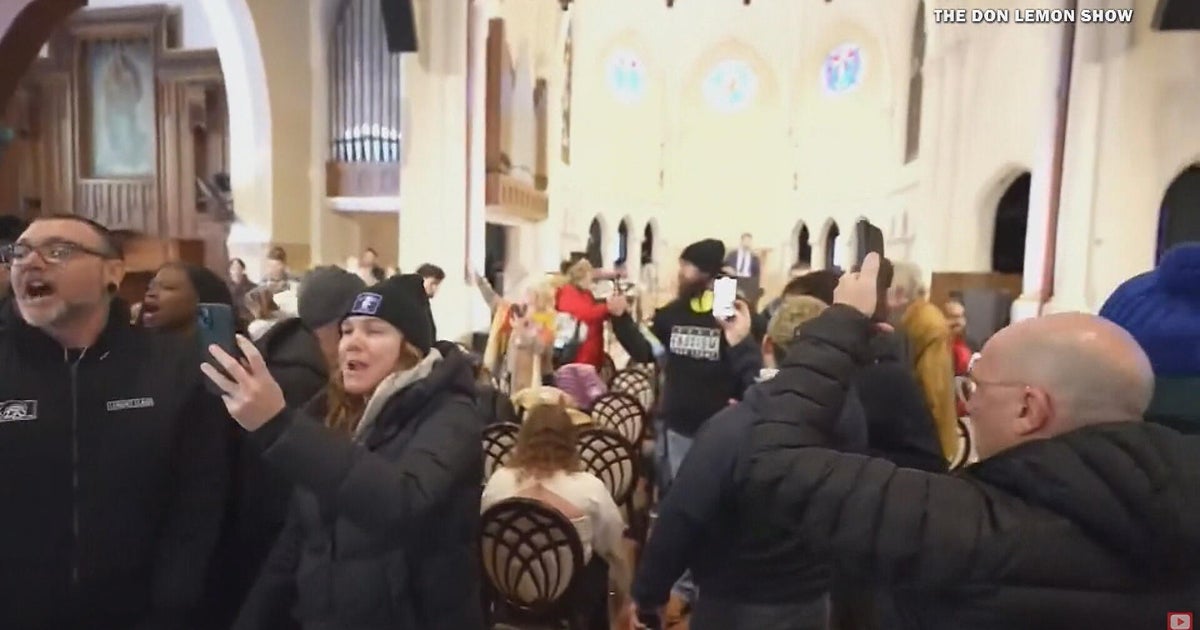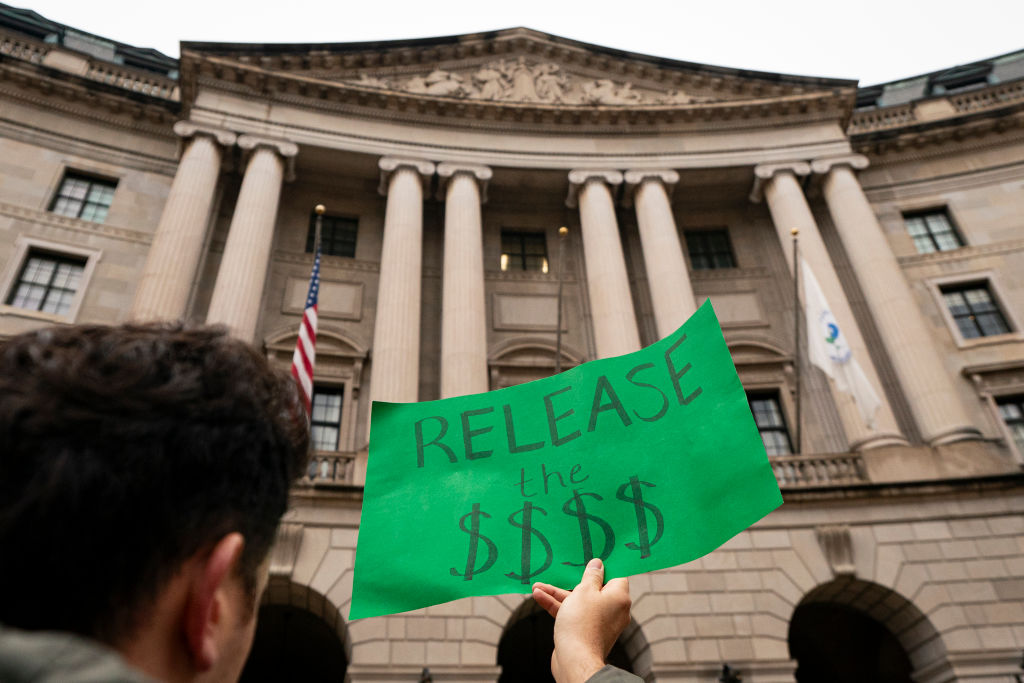Paycheck Protection Program fraud cases are on the rise
A small yet growing number of business owners are facing criminal charges for allegedly swindling money from a coronavirus relief program.
The Paycheck Protection Program, or PPP, was designed to help small businesses continue to pay their workers and stay afloat during the pandemic. But some people who obtained funds from the program used the government aid to buy luxury items, federal prosecutors said.
The latest case involves a Minnesota man who, authorities said, forged application documents then bought a Harley Davidson. Kyle Brenizer of St. Paul was awarded roughly $841,000 in PPP funds, the U.S. Justice Department said. Officials believe Brenizer applied for funding using a construction company called True Cut that he previously owned but was forced to shutter two years ago.
"Rather than use PPP funds for permissible business expenses, such as payroll costs, mortgage interest rent or utilities, Brenizer instead transferred approximately $650,000 to an account that he controlled and was unrelated to True Cut," federal prosecutors said in the indictment.
Justice department officials said Brenizer denied being the subject of any pending criminal charges on the application even though he has felony charges pending in Minnesota.
Brenizer's charges in Minnesota add to other fraud cases this summer from across the nation.
- David Hines of Miami was charged last month with bank fraud and making false statements to a financial institution after submitting PPP loan applications on behalf of several different companies he owned. Authorities allege Hines was awarded $3.9 million, some of which he used to buy a Lamborghini.
- Carlos Belone of Coconut Creek, Florida, was charged with wire fraud and conspiracy to commit health care fraud. Belone allegedly obtained $22,000 in PPP loans after submitting false information on behalf of a pharmacy he owned.
- Elijah Buoi of Winchester, Massachusetts, was charged wire fraud in June after allegedly falsifying the number of employees and payroll expenses at his IT firm. Buoi received $2 million in PPP funds, the Justice Department said.
- Two Texas men — Lee Price III and Jase Gautreaux — were charged with wire fraud and bank fraud for unlawfully obtaining a combined $3.2 million in PPP funds. Authorities said that Gautreaux applied for the loan for a business that did not exist, while Price applied for a business that had no employees.
The PPP, run by the U.S. Small Business Administration, offers business owners forgivable, low-interest loans on condition that they keep workers on the payroll.
Criminals have seen the PPP as fertile ground for scams, according to fraud experts. The federal government and banks granted hundreds of thousands of loans too quickly with limited vetting of applicants' backgrounds, experts told CBS MoneyWatch.
"Whenever such a massive program is rushed into existence there will be vulnerabilities to be exploited by criminals," Steven Weisman, who teaches white collar crime at Bentley University, told CBS MoneyWatch. "Lenders are feeling pressure to close loans under tight deadlines that make it difficult for forensic accountants to properly investigate sophisticated criminal applicants."
The PPP application process itself created the opportunity for criminals, said Richard Gordon, a Case Western Reserve University law professor who runs the school's Financial Integrity Institute. The federal government should not have used banks and employers as middlemen for getting paychecks to employees, Gordon said. Instead, the U.S. Treasury Department should have directly paid workers a portion of their wages.
"If I'm not an honest person and I like committing bank fraud, this would be the way to go, as opposed to committing fraud in another way where the bank might try to catch me," he said.



